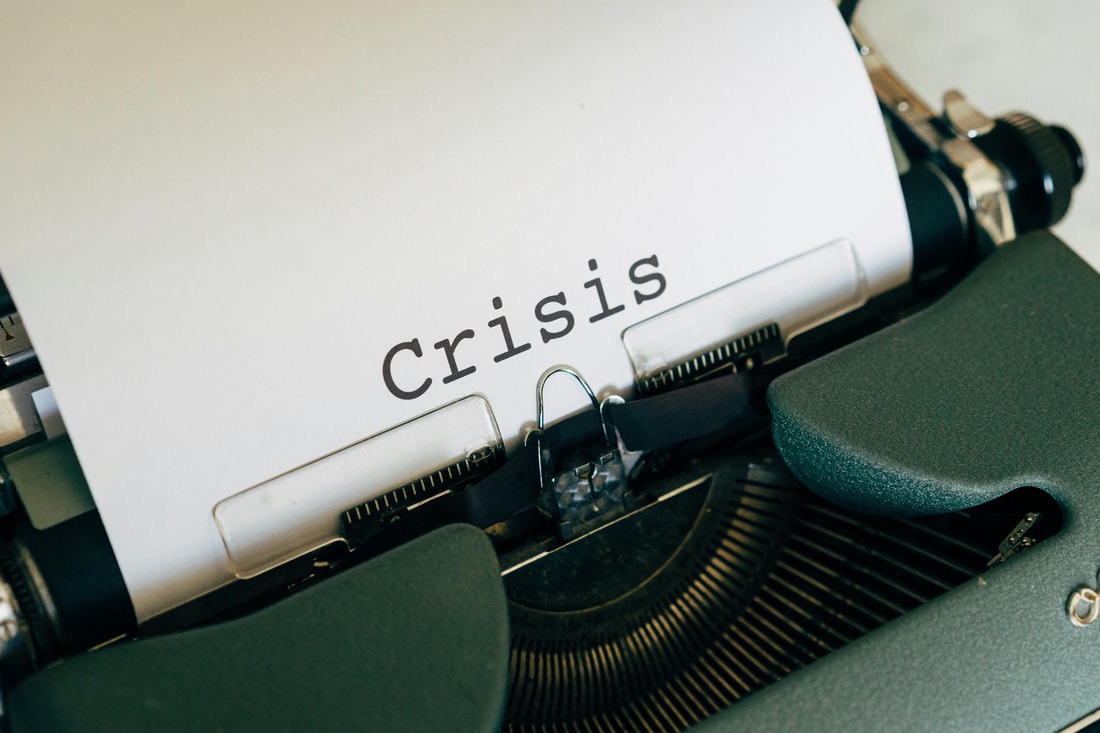The Vital Role of the Three Ps in Media Interviews - Professionalism, Preparation and Politeness.21/2/2024 In the world of public relations and media engagement, the recent incident involving Woolworths CEO Brad Banducci's interview with ABC's Four Corners has had PR and corporate affairs people agog - and no doubt more than a few CEOs too.
It highlights the importance of professionalism, preparation, and politeness leading up to, and during, media interactions. For communications professionals whose job it is to prepare interviewees, such episodes are the stuff of nightmares and a stark reminder of the potential fallout from poorly handled media engagements - especially where the interviewees may have ignored sound advice and chosen to tread their own path. I can't imagine Banducci was advised to walk out, on camera, in an interview with a Walkley Award-winning journalist if things didn't go as planned. My heart went out to the poor PR manager managing that particular interview. 'There but for the grace of God…' and all that. The high stakes for interviewees and their PR teams For public figures and corporate leaders, media interviews are a double-edged sword. They offer a platform to communicate directly with the public and shape narratives, but they also pose significant risks if mishandled. The departure of the Woollies CEO, following a contentious interview and amidst a backdrop of a $781 million company loss, underscores the high stakes involved. The role of PR professionals Behind every media interview, there is often one or more PR and corporate affairs people who have spent time setting up and preparing the interviewee. The preparation usually involves supplying them with a brief biography of the interviewer, along with samples of their previous articles or segments. It also involves crafting key messages and anticipating the angles journalists will likely take. For an interview such as the Four Corners one, I would expect there to have been training on how to handle tough, confrontational questions with grace and tact. The goal is to ensure that the interviewee remains composed, sticks to the narrative, upholds their organisation's brand values and, most importantly, does not alienate the audience or stakeholders. The impact of leaving an interview - especially on camera Leaving an interview prematurely or responding churlishly can result in immediate and long-term repercussions for the interviewee and the reputation of the company or organisation they represent. It can significantly damage the interviewee's reputation and credibility, have far-reaching consequences, and haunt them throughout their professional life. Viewers are likely to perceive such behaviour, and consequently, the interviewee and their company, as evasive, which can diminish trust. It often leads to a reputational crisis, diverting attention from the intended messages to the conduct of the interviewee, as we saw this week. It creates headaches for PR and corporate affairs teams regarding damage control and can impact the company's stock price (which we also witnessed this week), stakeholder confidence, and customer loyalty. The Importance of Proper Media Training The Woolworths incident highlights the critical importance of comprehensive media training - and if it's likely to be a contentious interview, there needs to be a practical hands-on run-through. The exercise must simulate high-pressure, confrontational scenarios. And PRs need to hold steady, and not go too gently, as they ask tricky questions of their bosses. I have had CEOs try to remove awkward questions from FAQ briefing documents, not comprehending that they don't have that power or luxury in a live interview scenario. Training helps interviewees develop resilience and mental agility to navigate difficult questions without losing composure. As an external consultant, I ensure my clients are prepared for each interview. When there's some serious stuff going down, I will bring in a professional 'big gun' - an ex-head of news for a well-respected national news outlet, who all my clients adore, but equally can be quite intimidating in 'full flight journo-mode' in a contentious media interview practise session. For internal PRs, sometimes, an external media trainer is exactly what you need for a contentious and tricky training scenario. The ordeal experienced by Woolworths and its soon-to-be-former CEO Brad Banducci serves as a cautionary tale for all public figures and organisations. It reiterates the significance of professionalism, politeness, and thorough preparation in media interviews. For PR professionals, it is a timely and unfortunate reminder of the importance of rigorous media training to equip interviewees with the skills to handle all types of questions, especially the tough ones. Equally for senior leaders, it is a reminder to listen to PR teams' advice and value their skill set and knowledge on crafting messages and delivering them most effectively. In the volatile landscape of public opinion and media scrutiny, the margin for error is slim, and the cost of failure can be monumental. Picture Credit: Photo by Markus Winkler: https://www.pexels.com/photo/white-paper-on-a-vintage-typewriter-4057659/ You can view the whole Four Corners story here. www.linkedin.com/pulse/vital-role-three-ps-media-interviews-preparation-fiona-hamann-4xruc%3FtrackingId=4bLVhFHbQ7u0sJ%252BMaYdWVQ%253D%253D/?trackingId=4bLVhFHbQ7u0sJ%2BMaYdWVQ%3D%3D This story first appeared on LinkedIn on 21 February, 2024
0 Comments
Leave a Reply. |

